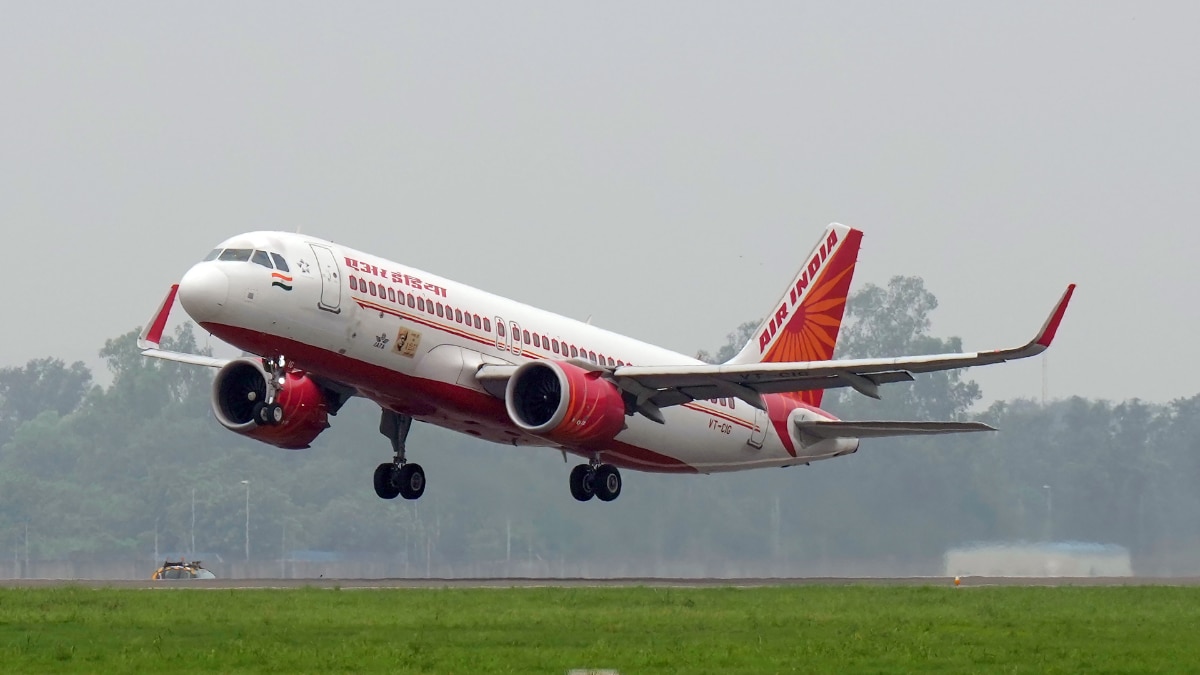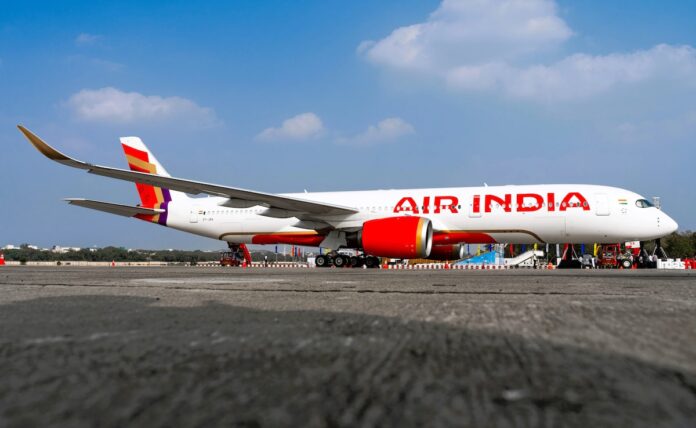Passengers Face Unexpected Journey as Air India Flight Lands in Jaipur
Passengers aboard an Air India flight traveling from Paris to New Delhi faced a challenging ordeal when the flight was unexpectedly diverted to Jaipur on Monday. This unexpected change of course left several passengers stranded for hours as the airline struggled to manage the situation.

Pilots Exceed Duty Hours, Jaipur Becomes Unplanned Stop
The Paris-New Delhi flight, operated by Air India, was diverted to Jaipur due to the pilots reaching the limit of their duty hours. According to aviation regulations, pilots are not allowed to operate flights beyond a certain number of hours to ensure safety, forcing the aircraft to land in Jaipur instead of continuing to New Delhi.
Once on the ground, the situation grew tense as passengers were informed that the pilots were unable to resume the flight. With no alternative crew readily available, the airline had to devise a contingency plan to transport the passengers to their original destination.
Passengers Stranded for Hours Without Alternatives
The diverted passengers were left stranded at Jaipur Airport for hours before the airline could arrange onward transportation. While alternative flights could have been an option, Air India reportedly decided against this, citing the time it would take to arrange another aircraft and crew.
Instead, the airline opted to send passengers to New Delhi via road transportation. Buses were arranged to ferry the passengers to their final destination, a move that drew mixed reactions from those affected.
Mixed Reactions From Passengers
Many passengers expressed frustration over the lack of immediate solutions and the long delay they endured at Jaipur Airport. Some were disheartened by the airline’s decision to use buses for the onward journey, describing it as inconvenient and unexpected. Others acknowledged the logistical challenges faced by the airline but hoped for better contingency planning in the future.
One passenger commented, “We understand safety protocols, but the airline should have had a backup plan in place. Waiting for hours and then traveling by road was not what we signed up for.”
Airline’s Response to the Incident
Air India issued a statement explaining the decision to transport passengers by bus rather than arranging an alternative flight. According to the airline, organizing another flight at short notice would have taken longer than the bus journey, which was deemed the most efficient option under the circumstances.
The airline assured passengers that their safety remained the top priority and promised to improve its contingency plans for similar situations in the future.
The Challenges of Long-Haul Flights and Duty Hour Restrictions
This incident highlights the complexities of managing long-haul flights and adhering to strict aviation safety regulations. Duty hour restrictions for pilots are in place to ensure their well-being and the safety of passengers, but they can sometimes lead to operational challenges, especially in unforeseen situations.
Airlines operating long international routes like Paris to New Delhi must maintain strict schedules to avoid such disruptions. However, delays at the departure point or en route can disrupt these plans, as seen in this case.
Calls for Better Passenger Communication
Several passengers also raised concerns about communication during the ordeal. Many felt that timely updates and clearer explanations from the airline could have alleviated some of the frustration.
A frequent flyer noted, “It’s not just about the inconvenience; it’s about how the situation is managed. Passengers deserve to be kept informed and offered alternatives in real-time.”
A Lesson for the Industry
This incident serves as a reminder for airlines to prepare robust contingency plans to handle unexpected situations. From crew shortages to technical issues, such scenarios are not uncommon in the aviation industry, but how they are managed makes all the difference for passenger satisfaction.
For now, Air India will likely review its operational protocols and explore ways to prevent similar incidents in the future, ensuring that passengers enjoy a smoother experience, even during disruptions.

